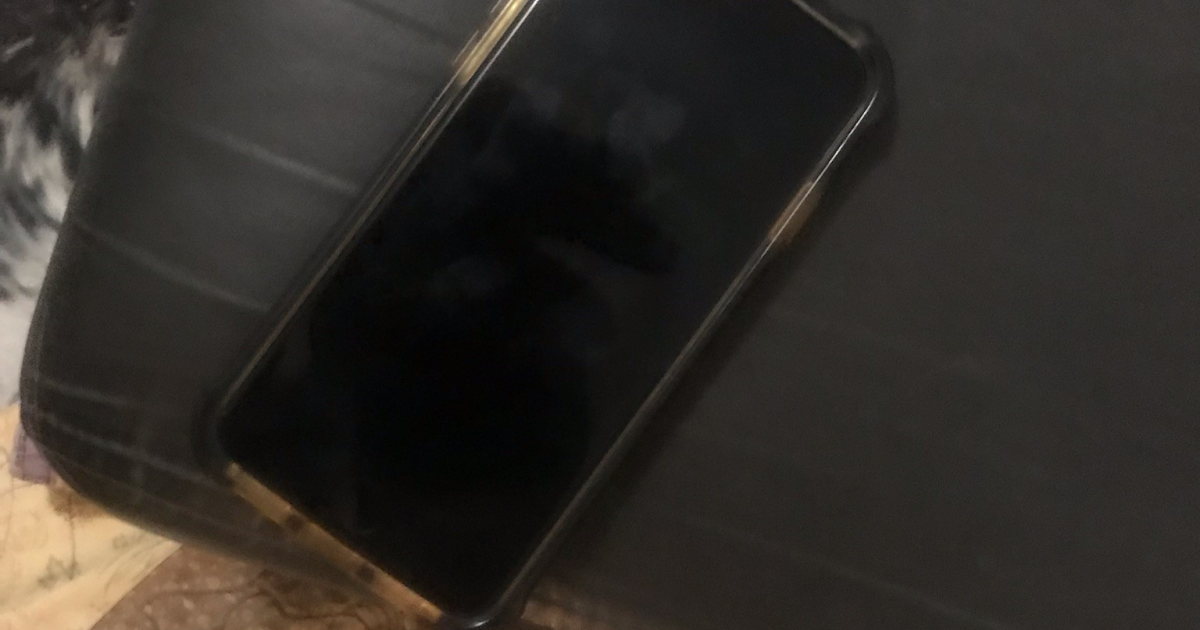And science trained young Indigenous leaders
Eureka wins for Macquarie: the National Indigenous Science Education Program and Blue Carbon Horizons.
An Indigenous youth science initiative and a project studying the carbon capturing power of wetlands yesterday were awarded Eureka Prizes last night, one of the highest accolades for Australian scientists.
“The Eureka prizes recognise outstanding work in science, and it is an achievement just to be nominated,” says the faculty’s Interim Executive Dean, Professor Bernard Mans.
“This year we had four shortlisted, two of which went on to win their categories. It’s an excellent result all round, and speaks highly of the breadth and quality of science research at the University. I congratulate everyone involved.”
The Eureka prizes are given annually under the aegis of the Australian Museum. This year there were 17 awards, in areas including leadership, defence technology, infectious disease management and data science.
The National Indigenous Science Education Program (NISEP) – coordinated by Associate Professor Joanne Jamie, Dr Ian Jamie and Associate Professor Subramanyam Vemulpad – won the inaugural Eureka Prize for STEM Inclusion. In the past five years, the program has trained around 800 students from 16 schools to exhibit STEM outreach activities to peers, Elders, community members and the public. After participating in a NISEP event, six in 10 secondary student leaders reported an increased desire to go on to Year 12 or higher education, seven in 10 had an increased interest in science, and nine in 10 found being a leader a good or inspiring experience.
Professor Neil Saintilan’s Blue Carbon Horizons project won the Eureka Prize for Environmental Research. Neil and colleagues at the University of Wollongong and ANSTO studied several thousand years of sediment deposited at 345 saltmarshes across six continents and found that where sea levels rose quickly, carbon burying was more efficient. It also investigated a coal mine in Chain Valley Bay in Lake Macquarie, which shut down in the mid-1980s. When the mine supports were removed, the entire foreshore and wetland subsided, causing an effective sea level rise of a metre in the space of a few years.
Macquarie University played a second role in last night’s gala event at the Australian Museum in Darlinghurst, Sydney, as the sponsor for the Eureka Prize for Outstanding Early Career Researcher.
That was won by Associate Professor Laura Mackay from the University of Melbourne for her work in the field of immunological memory.
“Macquarie University is proud to promote and encourage young researchers at institutions across Australia,” says Professor Mans.
“I congratulate Laura and the runners-up, and look forward very much to continuing Macquarie’s relationship with the Australian Museum and the Eurekas.”
/Public Release.








